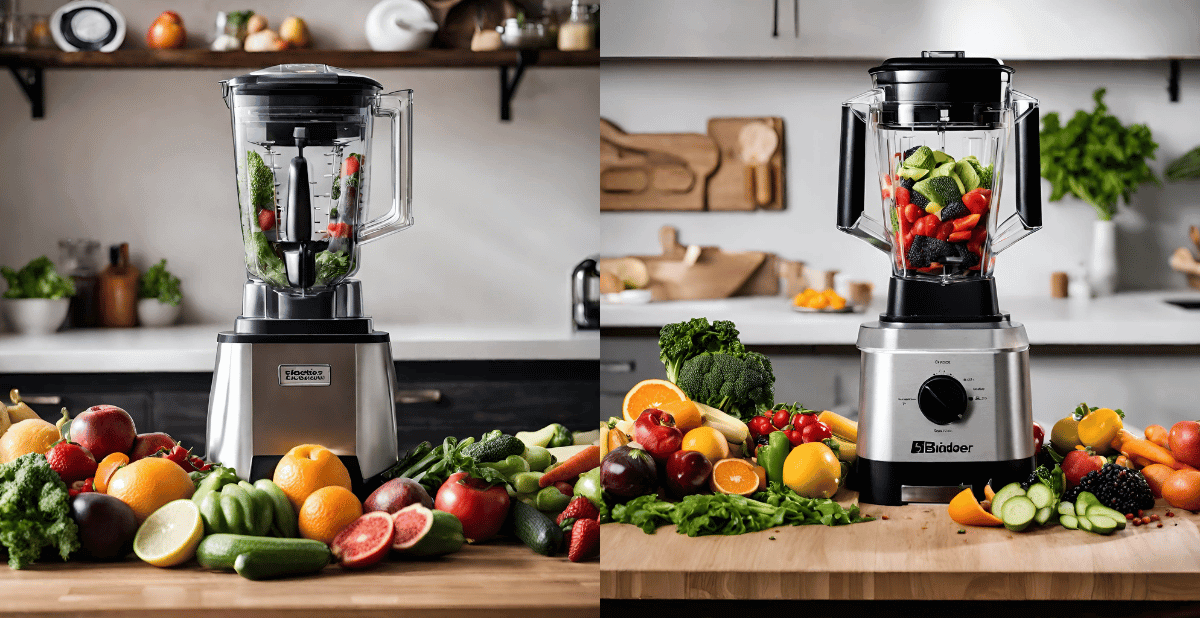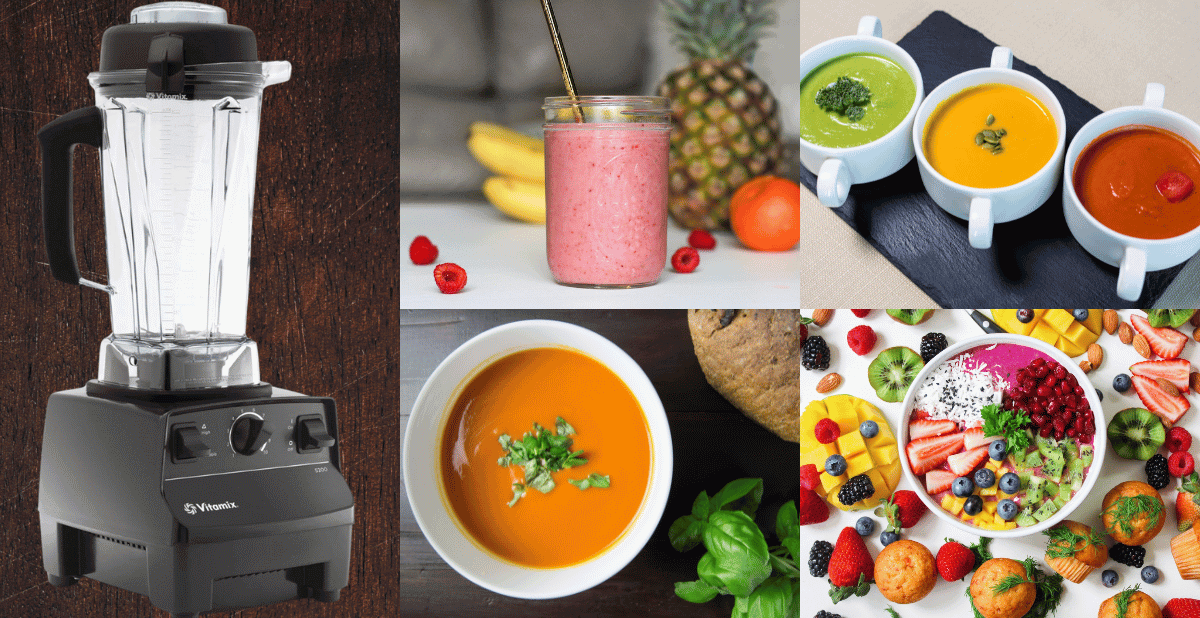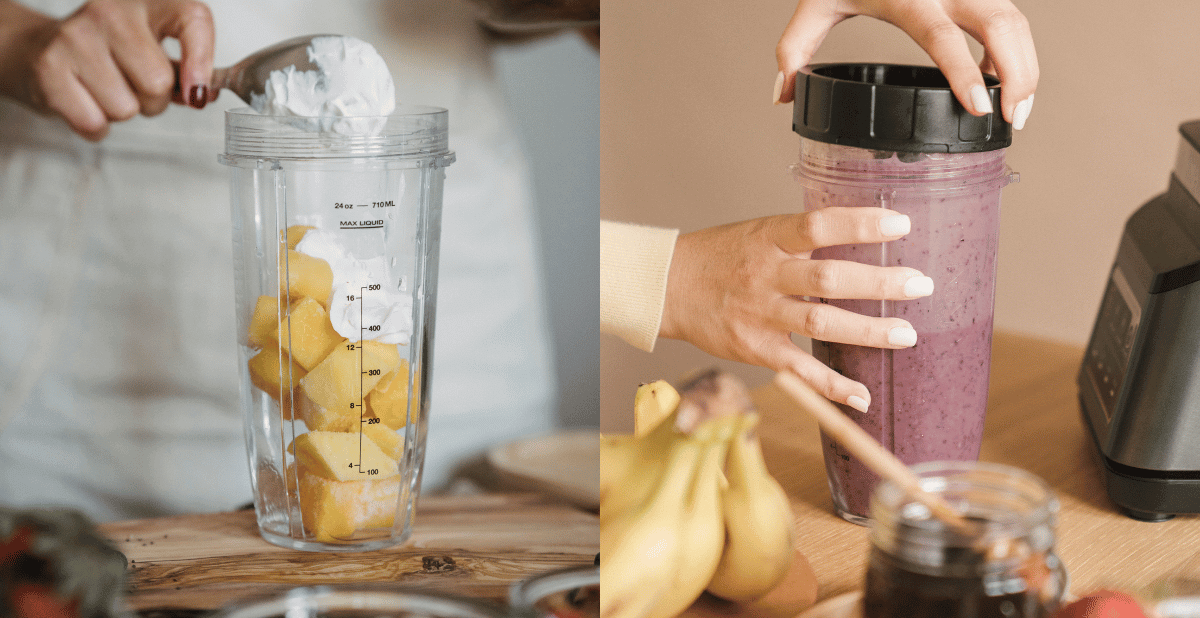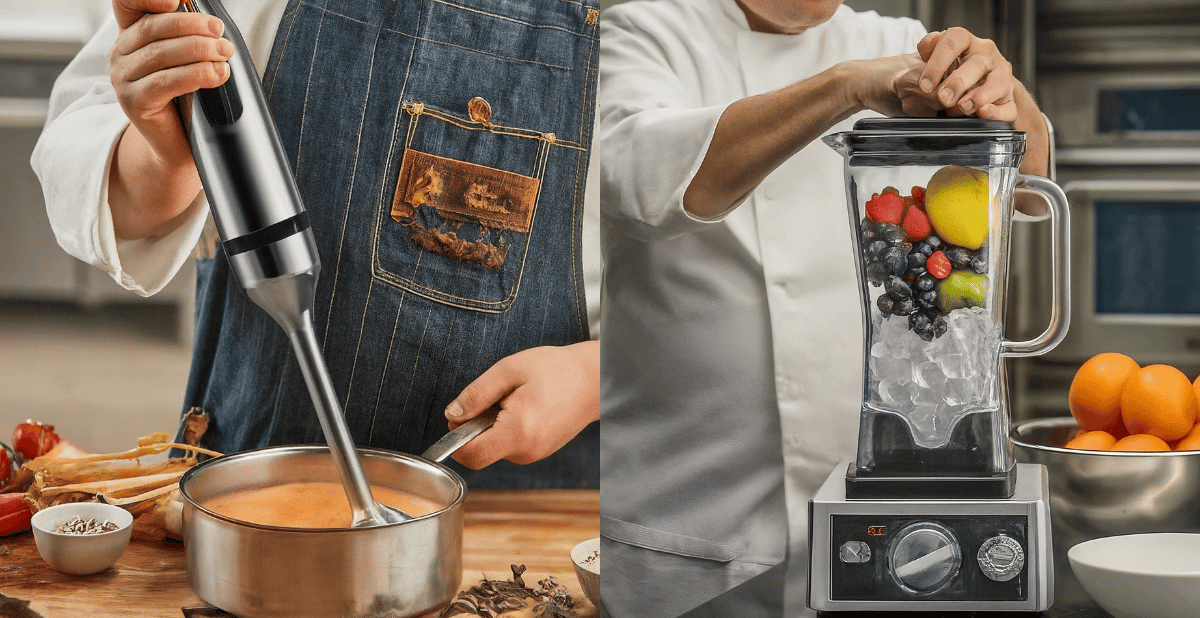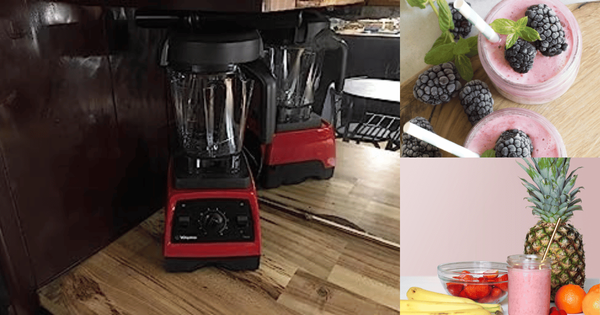When it comes to blending, not all machines are created equal. What makes a blender commercial?
There's a significant difference between commercial and residential blenders.
Understanding these distinctions is crucial for businesses in the food industry.
This article will explore what sets commercial blenders apart from their household counterparts.
My Vita-Mix Blender, purchased in 1977, still works like a dream. I like using this commercial blender in my kitchen! 💖
Key Takeaways:
- Commercial blenders are designed for heavy-duty use and can handle large quantities of food.
- They often come with more powerful motors and enhanced durability compared to residential models.
- The price of commercial blenders reflects their industrial capabilities and is typically higher than general-use blenders.
Built for Endurance and Efficiency
Commercial blenders are the workhorses of the food service industry.
They are built to withstand the rigors of heavy use, often operating for hours at a time without overheating.
This endurance is due to their powerful motors, designed to blend large quantities of food quickly and efficiently.
Unlike residential blenders that might falter with constant use, a commercial model is made to keep up with the fast-paced environment of a professional kitchen.
These blenders are constructed with high-quality materials that can endure the wear and tear of daily use.
The blades, for instance, are typically made from stainless steel that can cut through tough ingredients without dulling.
The jars, often made from polycarbonate or other durable materials that resist cracking and breaking, are also designed to handle the stress of repeated use.
Tailored for the Food Industry
In a commercial setting, time is money, and the speed at which a blender can operate is crucial.
Commercial blenders are designed to deliver smooth results quickly, whether it's for pureeing soups, emulsifying dressings, or crushing ice for cocktails.
They often feature variable speed controls and pre-programmed settings to ensure consistency, which is vital in maintaining the quality of food served to customers.
These blenders are also designed with user safety and hygiene in mind.
They often come with features like easy-to-clean controls and removable parts that can be sanitized separately.
This attention to cleanliness is essential in a commercial environment with stringent health regulations.
A Reflection of Industrial Needs
The price point of commercial blenders is a direct reflection of their industrial capabilities.
They are an investment for any food service establishment, with costs significantly higher than general-use blenders.
However, the price is justified by their longevity, efficiency, and the value they add to a commercial kitchen.
A high-quality commercial blender can save time and labor, ultimately contributing to a smoother kitchen operation and better bottom line.
Businesses must consider their specific needs when choosing a blender.
For instance, a small café might not require the same power and capacity as a large restaurant.
Therefore, selecting a commercial model that aligns with the volume and type of food being prepared is important.
FAQ Section
Can commercial blenders be used for residential purposes?
Yes, commercial blenders can be used in a residential setting, but they are often more powerful and expensive than necessary for general home use.
How do I maintain a commercial blender?
Regular cleaning, following the manufacturer's maintenance guidelines, and using the blender as intended are key to maintaining a commercial blender.
Always ensure that removable parts are cleaned and sanitized correctly.
What should I look for when purchasing a commercial blender?
Consider the blender's power, capacity, durability, ease of cleaning, safety features, and price.
It's important to choose a model that fits the specific needs of your food service operation.
Until Next Time...
Commercial blenders are essential tools in the food service industry, designed to meet the demands of high-volume, continuous use.
They are built with powerful motors, durable materials, and features that cater to the needs of a professional kitchen.
While commercial blenders are higher than residential models, their performance and durability make them a worthwhile investment for any food-related business.
Personally, I prefer a commercial blender for my kitchen. We hope this article was helpful!
Thank you for hanging out,
MommaPuff




